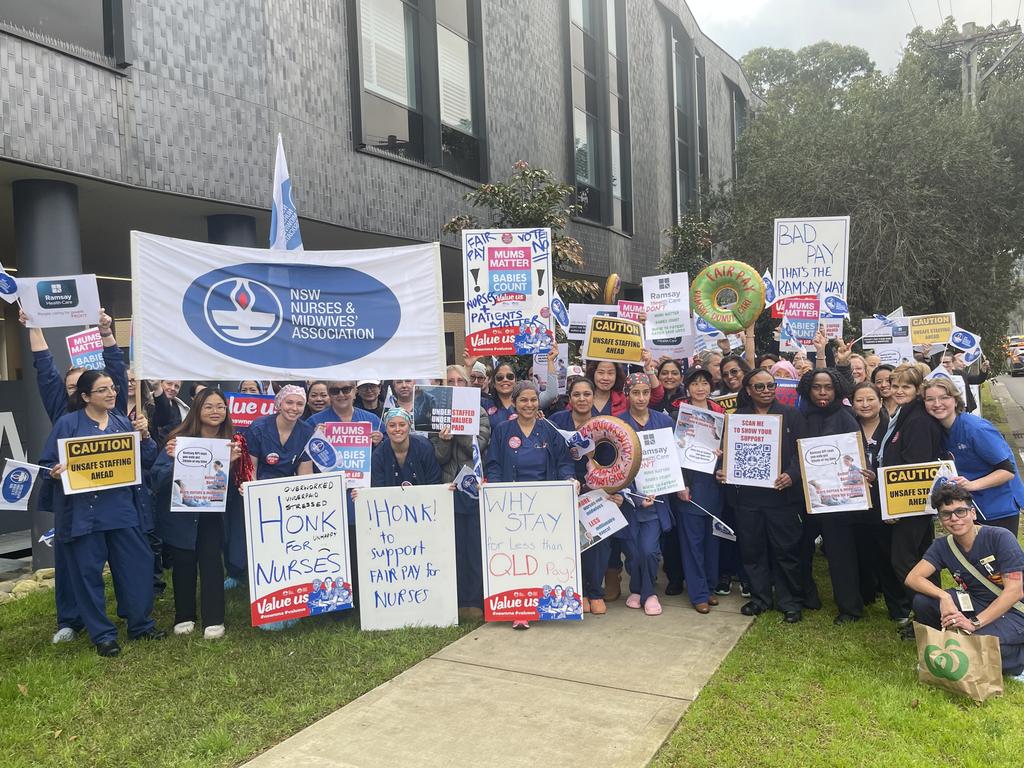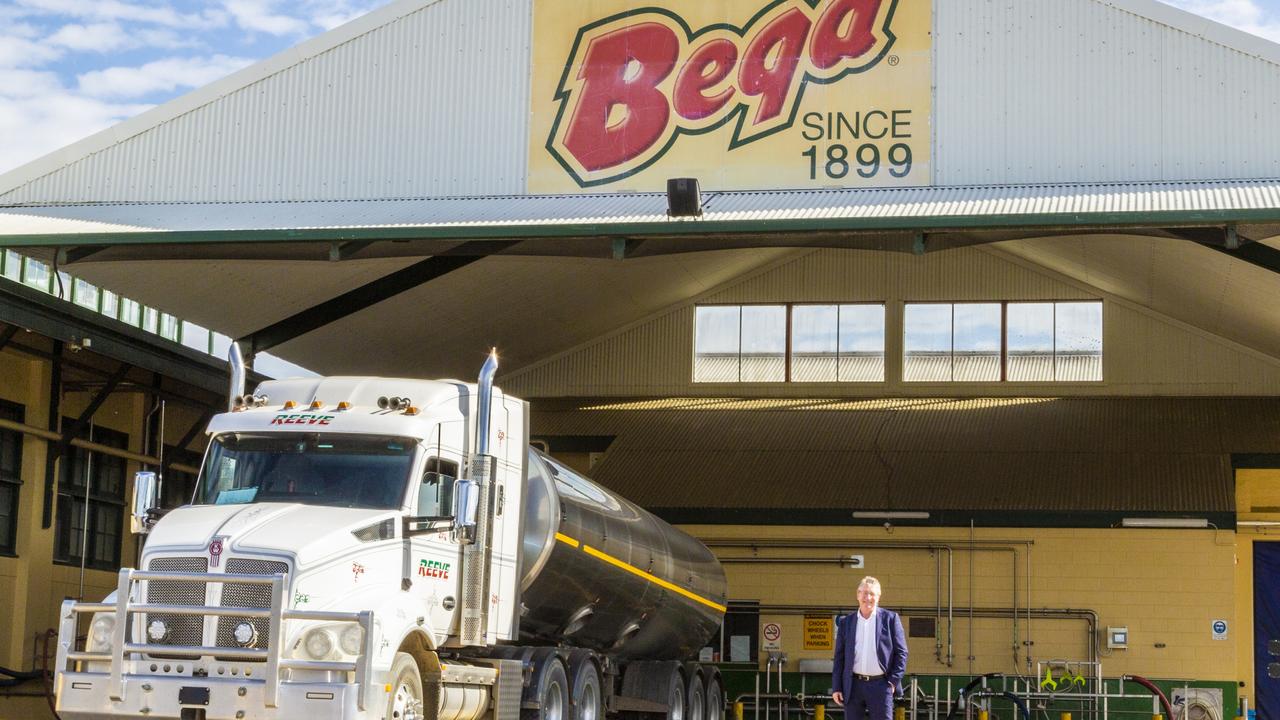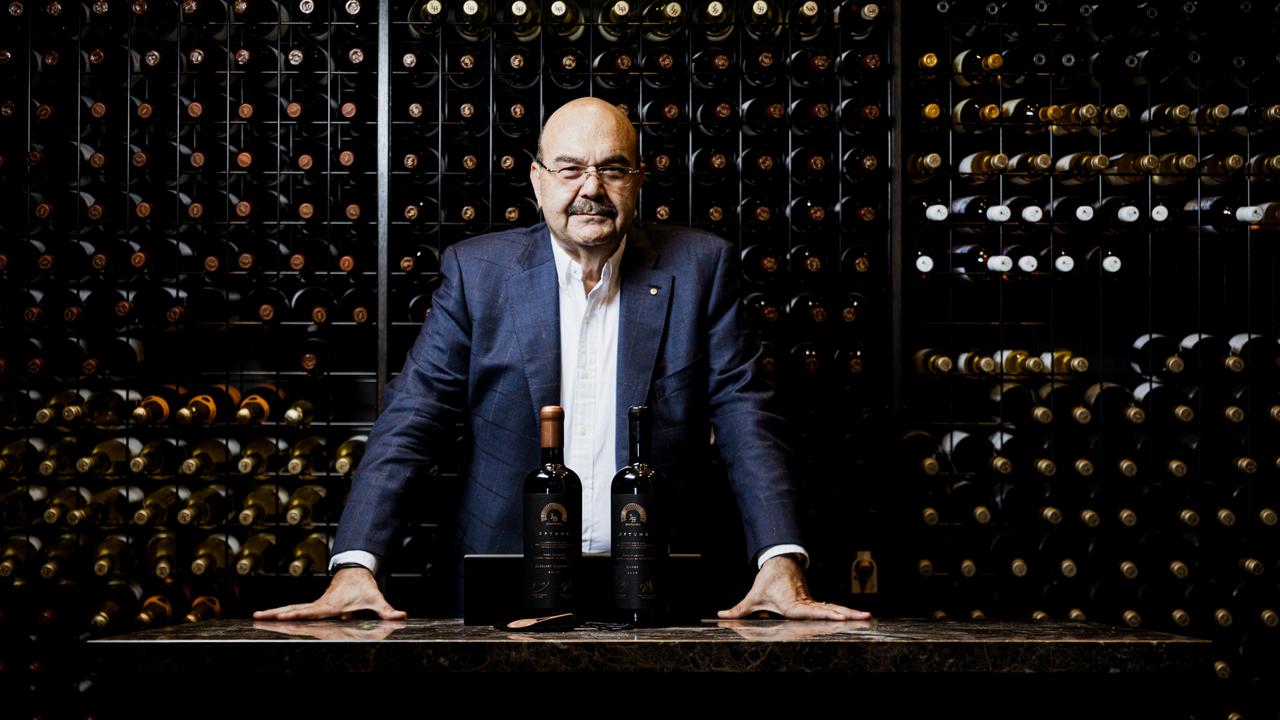Healthscope to slug Bupa patients $100 for overnight hospital stays
Healthscope will charge customers from Bupa and AHSA funds a gap fee for overnight hospital stays, and is urging patients who don’t like it to switch their health insurance.

Business
Don't miss out on the headlines from Business. Followed categories will be added to My News.
Healthscope will charge customers of Bupa and Australian Health Service Alliance (AHSA) funds a $100 gap fee for overnight hospital stays, and is urging patients who don’t like it to switch health funds.
The private hospital operator, owned by Canadian private equity behemoth Brookfield, has upped the ante in the battle between private hospital operators and health funds, announcing on Tuesday that customers from the affected funds would incur a new “hospital facility fee” from November 26.
The fee is $100 for overnight patients per admission and $50 for same day patients per admission.
Bupa said on Tuesday it was “shocked and disappointed’’ by Healthscope’s decision, saying it had been involved in ongoing and regular negotiations with Healthscope.
“This is an unprecedented and unfair move by Healthscope,’’ Bupa said in a statement.
“Everyday Australians should not be caught in the middle and penalised as a result of contract negotiations, particularly at a time when many are battling a higher cost of living.’’
Bupa said it had continued to negotiate in good faith with Healthscope on amendments the hospital operator had proposed to the existing agreement between the companies which runs until late 2026.
“To date, Healthscope has refused all reasonable offers,’’ Bupa said.
“This includes the most recent offer we made last week which was also rejected. “Unfortunately, the increase Healthscope has been seeking is not sustainable nor appropriate, the impacts of which has the potential to flow-on to higher health insurance premiums for our customers.’’
Healthscope - which denies that it is the only hospital operator to charge such a fee - is also urging customers of Bupa and the 29 other affected funds including Health Partners, GMHBA and Frank Health Insurance, to move to other insurers that are not impacted by the change.
The hospital operator has detailed how this can be achieved on its “Protect Your Hospitals” website, where patients can find out which funds are not affected.
Rachel David, chief executive of the peak body representing private health funds, Private Healthcare Australia, said the fee was “a new low” for Brookfield which was “trying to extort money from health funds so it can make bigger profits for its overseas investors’’.
“This is a deeply unethical move from a $1 trillion North American private equity firm holding privately insured patients hostage and trying to bully health funds into paying them more so they can increase profits,” Dr David said.
“Brookfield was only ever in the Australian hospitals market for the short term. It is trying to squeeze out as much profit as possible before it abandons Healthscope hospitals, potentially making private healthcare unaffordable in the process.
“Targeting patients is a new low. I have never seen a hospital group do this before. This will cause great distress and uncertainty for thousands of people trying to plan healthcare across Australian right now.’’

Dr David urged doctors working in Healthscope hospitals to consider their position and the distress Healthscope’s move would cause to their patients.
She said the funds targeted by Healthscope represented more than six million people.
The Australian understands only about 150,000 Bupa customers per year would be affected by the overnight stay fee.
Healthscope chief executive Greg Horan said the imposition of the new fee was an outcome the company had been trying to avoid.
“However, private health insurers Bupa and the Alliance funds have left us with no choice,’’ Mr Horan said.
“We are introducing this fee due to these insurers’ failure to sustainably cover the cost of patient care in our hospitals.
“We will not compromise on patient care. The high-quality healthcare provided every day by our dedicated clinicians and staff requires that these insurers provide adequate funding across all hospital treatments.’’
Mr Horan said patients who switched funds should not incur waiting times if they moved to a comparable product and urged customers to vote with their feet.
Mr Horan said private hospital cost inflation in recent years had been much higher than the increases in payments provided by private health insurers.
“This is a sector-wide challenge, and the funding gap is now at such an acute stage that the economics are simply unsustainable for private hospitals,’’ Mr Horan said.
“Approximately 70 private hospitals have closed in the last five years.’’
Dr David said health funds had provided multiple voluntary payments to private hospital operators to help them survive.
“Health funds will not, however, keep paying hospital groups more and more above inflation because it will drive up the cost of health insurance too quickly, putting it out of reach for many Australians,’’ she said.
“Under this scenario, everyone loses. It may be time for the federal government and regulators to intervene to prevent this ‘run on health funds’ spiralling further out of control.”
Healthscope said fee exemptions will apply to patients undergoing certain treatments, including day chemotherapy, day renal dialysis and palliative care.
Healthscope said it would also waive the fee for patients in day mental health and day rehabilitation programs, as well as those transferred from another Healthscope site and any related readmissions within 28 days.
Federal Health Minister Mark Butler is expected to soon release the findings of a government review into the private health sector.
More Coverage
Originally published as Healthscope to slug Bupa patients $100 for overnight hospital stays





